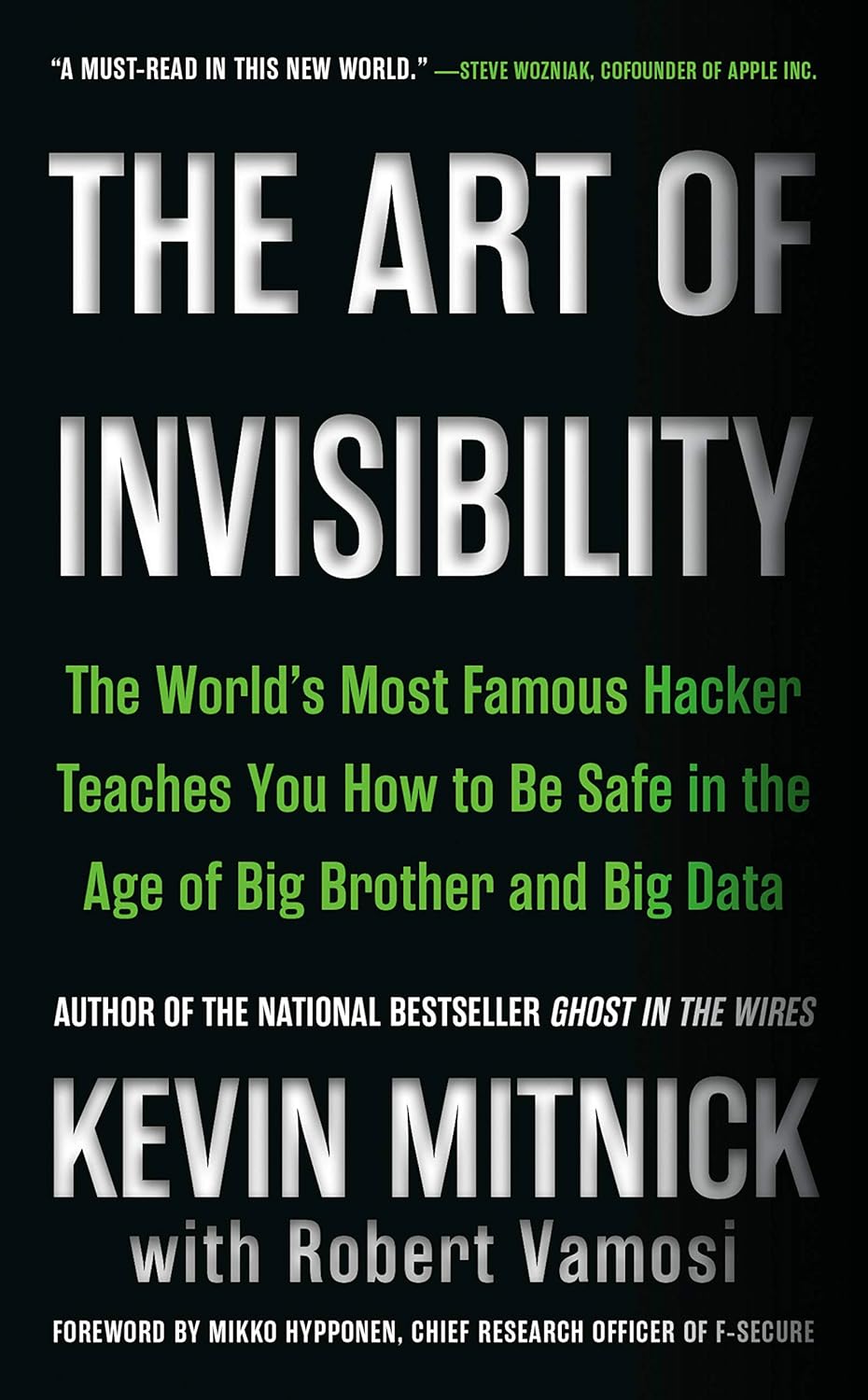Japan’s cyber-security weakness a concern in U.S. defense alliance
TOKYO >> As the United States faces security threats across the globe, its close ally Japan has committed to stepping up as a trusted defense partner, but Tokyo’s cyber and information security vulnerabilities remain a concern, officials and experts say.
Japanese Prime Minister Fumio Kishida, who is overseeing a once-unthinkable military build-up, told the U.S. Congress this month that Tokyo was committed to helping its partner counter challenges ranging from Russia’s war in Ukraine to an increasingly assertive China.
That came as the allies announced new areas of military cooperation, including tapping Japan’s industrial capacity to bolster defense production and possibly developing new technologies with AUKUS security partners Australia and Britain.
But Tokyo has suffered high-profile hacks in recent years that have shut down its biggest port, breached servers at its leading defense contractor, Mitsubishi Heavy Industries, and even infiltrated the government’s own cybersecurity center. Although Japan is not alone in being targeted by such attacks, they have elevated long-held concerns over whether Tokyo can fully support its security partners.
“It’s really been an Achilles heel for Japan and the U.S,” said Mark Manantan, director of cybersecurity and critical technologies at the Pacific Forum think tank in Hawaii.
Japan faces an uphill battle in creating the systems and finding the people it needs to plug these vulnerabilities, officials and experts say.
Dennis Blair, the former U.S. director of national intelligence, traveled to Tokyo in 2022 to address lawmakers and journalists, telling them Japan’s weak cyber defenses were the biggest liability in the countries’ security alliance.
Later that year, Japan announced plans to recruit more personnel for its cyber capabilities. But the pace of recruitment seems set to slow, according to the latest defense ministry figures, amid fierce competition for such workers and high private-sector salaries.
A U.S. State Department spokesperson said Japan’s “ability to adequately protect sensitive data and information” would be considered when identifying collaboration opportunities.
Asked whether Washington had raised…


